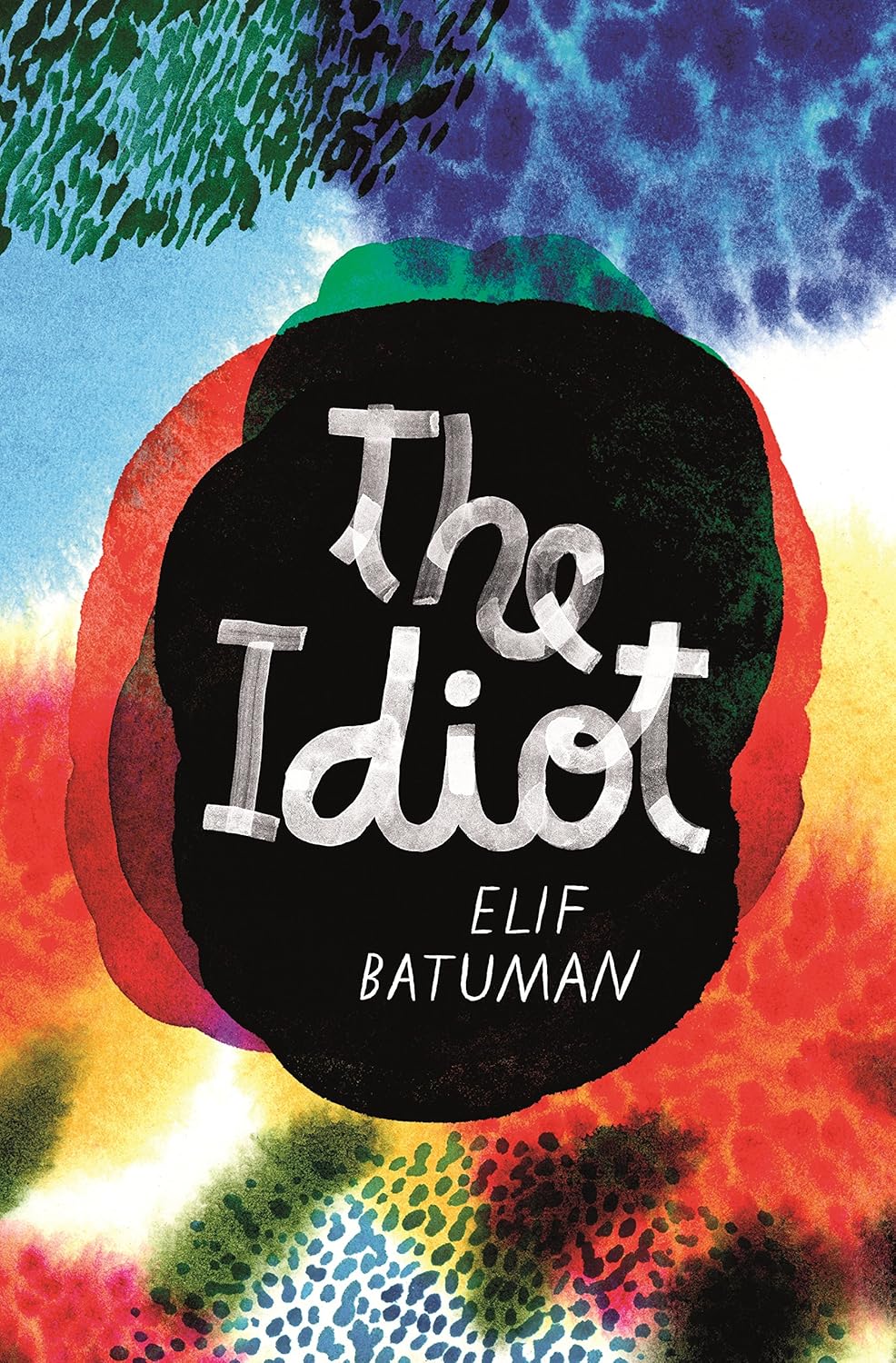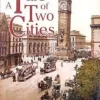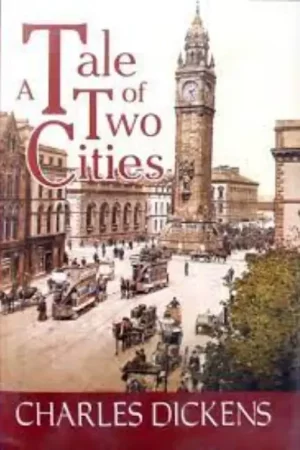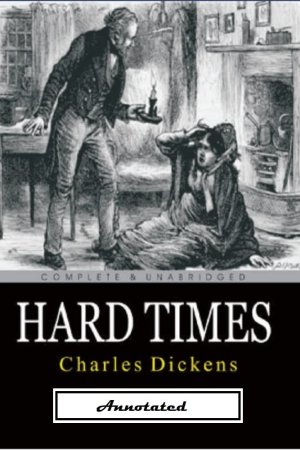The Idiot by Fyodor Dostoevsky
“The Idiot” by Fyodor Dostoevsky is a profound exploration of innocence and goodness in a corrupt society. Follow the journey of Prince Myshkin as his naïveté and purity challenge the cynical and materialistic world around him.
Out of stock
“The Idiot,” written by the renowned Russian author Fyodor Dostoevsky, is a masterful novel that delves into the complexities of human nature and society. The story centers on Prince Myshkin, a young man who returns to Russia after spending years in a Swiss sanatorium. Despite his noble lineage, Myshkin’s childlike innocence and idealism set him apart in a world dominated by greed, deceit, and moral ambiguity.
Key Features of The Idiot by Fyodor Dostoevsky:
- Complex Characters: Prince Myshkin, often perceived as an “idiot” due to his guileless nature, is contrasted with a cast of characters driven by darker motives, highlighting the novel’s rich psychological depth.
- Philosophical Themes: Dostoevsky explores profound themes such as the nature of goodness, the consequences of innocence in a corrupt society, and the conflict between spirituality and materialism.
- Emotional and Intellectual Depth: The novel presents a compelling narrative that is both emotionally engaging and intellectually stimulating, inviting readers to reflect on moral and ethical dilemmas.
- Cultural and Historical Context: Set in 19th-century Russia, “The Idiot” offers a vivid depiction of Russian society and its social dynamics during a period of significant change.
- Literary Significance: Considered one of Dostoevsky’s greatest works, “The Idiot” continues to be celebrated for its profound insights into the human condition and its powerful storytelling.
Prince Myshkin’s journey through love, betrayal, and suffering provides a timeless examination of what it means to be truly good in a world that often values power and wealth over compassion and integrity. “The Idiot” remains a crucial read for anyone interested in classic literature and the enduring questions of human existence.
| Author | Fyodor Dostoevsky |
|---|---|
| Type | Paperback Brand new Printed (Indian Locally published) |
| ISBN/ISSN | 9352766741 |
| Language | English |
| Pages | 624 |
Be the first to review “The Idiot by Fyodor Dostoevsky” Cancel reply
Related products
Classic Fiction
Damaged & Imperfect Books
Classic Fiction










Reviews
There are no reviews yet.